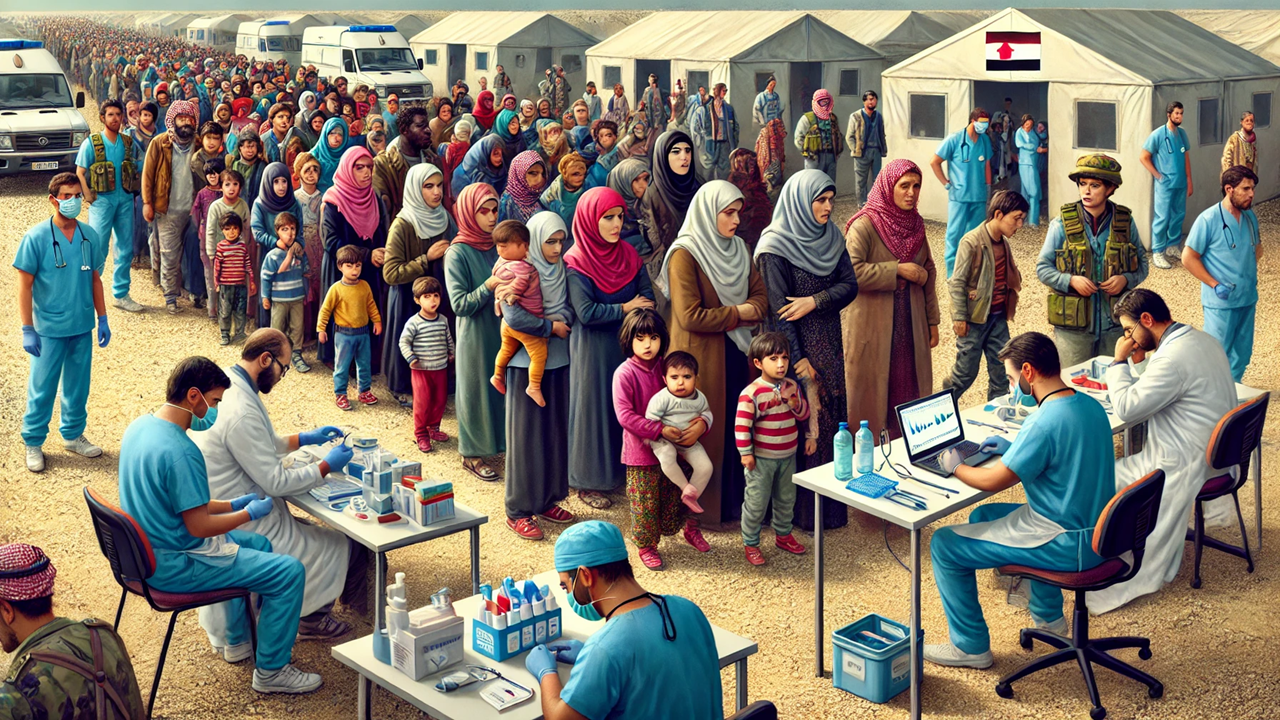UNICEF Report: Over 500 Million Children Registered at Birth, But 150 Million Remain Invisible
Global Efforts in Birth Registration Advance, Yet Challenges Persist for Marginalized Regions.

A new UNICEF report, The Right Start in Life: Global Levels and Trends in Birth Registration, 2024 Update, reveals that over 500 million children under five—close to 8 in 10—have had their births registered in the last five years. However, despite this progress, 150 million children under five remain unregistered, leaving them excluded from essential services and legal protections.
Global birth registration levels have risen from 75% in 2019 to 77% in 2024. Yet, over 50 million registered children still lack birth certificates, a critical document for securing nationality and accessing fundamental rights.
“Birth registration ensures children are immediately recognized under the law, providing a foundation for protection from harm and exploitation, as well as access to essential services like healthcare and education,” said UNICEF Executive Director Catherine Russell.
While regions like Latin America and the Caribbean (95%) and Eastern and South-Eastern Asia (94%) have achieved high registration rates, sub-Saharan Africa lags at just 51%, accounting for 90 million of the world's unregistered children.
Disparities Across Sub-Saharan Africa
Within sub-Saharan Africa, significant variation exists:
Southern Africa leads with 88% registration.
Western Africa has made substantial gains, reaching 63%.
Eastern and Middle Africa trail at 41%.
Despite improvements, rapid population growth in the region threatens to exacerbate the gap, potentially leaving over 100 million children unregistered after 2030 without accelerated action.
Barriers to Registration
Families face numerous challenges, including:
Weak political commitment.
Long distances and multiple visits required for registration.
Lack of awareness about the process.
Prohibitive costs.
Discrimination based on gender, ethnicity, or religion.
Success Stories as Models for Change
Some countries have achieved remarkable progress:
Botswana boasts universal birth registration.
Côte d’Ivoire has surpassed 90% registration.
Rwanda, Sierra Leone, and Tanzania have shown sustained improvements over the last decade.
These successes highlight the potential for replication through targeted policy and community engagement.
UNICEF’s Call to Action
To address the gaps, UNICEF outlines five key priorities:
Universal Registration: Register every child at birth as a cornerstone for legal identity.
Process Simplification: Digitalize and streamline systems for accessibility.
Integrated Programs: Use health, social protection, and education platforms to increase registration.
Legal Reforms: Enact inclusive and equitable civil registration laws.
Community Empowerment: Equip communities to demand their right to registration.
“Despite progress, too many children remain uncounted and unaccounted for,” said Russell. “Every child deserves to be recognized, protected, and supported with a legal identity.”
Beyond Registration: Building Equitable Systems
UNICEF also emphasizes the importance of using innovative technology and international cooperation to close registration gaps. For example, mobile registration units and online platforms have proven effective in reaching remote areas.
UNICEF’s global initiatives align with the Sustainable Development Goals (SDGs), aiming to provide all children with a legal identity by 2030. The organization calls on governments, NGOs, and private sectors to collaborate in addressing systemic inequities and building robust civil registration systems.
A Future of Inclusion and Opportunity
As UNICEF celebrates 78 years of championing children’s rights, the report serves as both a milestone and a reminder of the work ahead. By prioritizing universal birth registration, the global community can ensure that every child has the opportunity to thrive and contribute to society.
- READ MORE ON:
- UNICEF
- Children
- Catherine Russell
- birth registration










